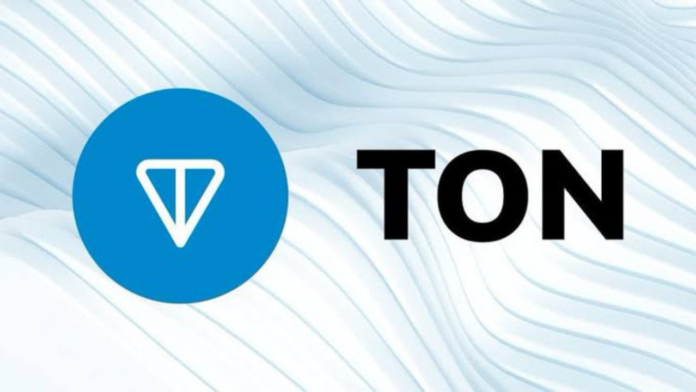Digital asset management is taking a significant leap forward as Cobo, a leading provider of digital asset custody and wallet services, announced its support for The Open Network (TON). This strategic integration brings Cobo’s comprehensive suite of custody solutions to the TON blockchain, encompassing custodial wallets and advanced multiparty computation (MPC) wallet technology.
Cobo’s collaboration with TON will see the integration of TON’s native cryptocurrency, Toncoin (TON), alongside other tokens such as Notcoin (NOT) and stablecoins like Tether. This move aligns with a broader wave of Web3 support for the TON blockchain, which powers Telegram’s innovative advertising platform.
The primary goal of this integration is to enhance the security and flexibility of digital asset management for institutional clients while expanding Cobo’s service offerings. By incorporating TON’s blockchain capabilities, Cobo aims to provide a more robust and secure platform for managing digital assets.
However, integrating the TON blockchain is not without challenges. TON’s multichain architecture and sharding technology, while offering advanced scalability and performance, present multiple technical hurdles. Cobo’s expertise in regulatory compliance and institutional services will be crucial in navigating these complexities.
Cobo’s platform has a strong regulatory compliance history, which is vital for its institutional client base. The recent approval of Toncoin by Kazakhstan’s Financial Services and Regulatory Committee (AFSA) is a strategic milestone for Cobo. With this approval, Toncoin joins a list of 107 cryptocurrencies sanctioned by the Kazakh government, further solidifying its legitimacy and potential for broader adoption.
Despite the TON ecosystem’s success, security remains a critical concern. There has been a notable rise in phishing attacks targeting the TON blockchain, as highlighted by Yu Xian, the founder of cybersecurity firm SlowMist. Xian pointed out that the Telegram ecosystem, integral to TON, is “too free,” allowing phishing links to proliferate through message groups, airdrops, and other deceptive methods.
Telegram typically requires users to link their accounts to phone numbers. However, Xian noted that users with anonymous numbers face higher phishing risks. These users, whose accounts are not tied to SIM cards, are particularly vulnerable to losing their accounts to malicious actors.
The partnership between Cobo and TON represents a significant step towards improving the security and usability of digital assets for institutional clients. By leveraging TON’s blockchain technology and Cobo’s robust custody solutions, the collaboration aims to provide a more secure and flexible environment for digital asset management.
As the integration progresses, it will be interesting to see how Cobo and TON address the technical and security challenges associated with this collaboration. With the increasing interest in Web3 technologies and digital asset management, this partnership is poised to play a crucial role in shaping the future of the industry.


